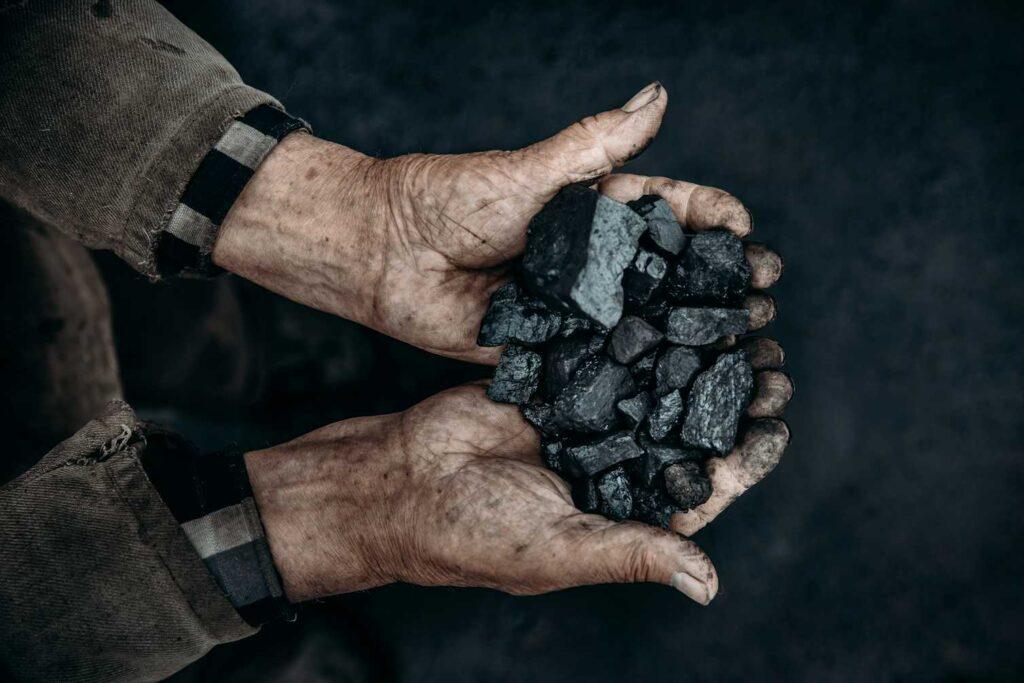By Matthew Carl Ives, Senior Researcher in Economics, University of Oxford; Belinda Wade, Industry Professor, School of Business, The University of Queensland, and Saphira Rekker, Senior Lecturer in Sustainable Finance, The University of Queensland
April 1, 2024
Just 57 companies and nation states were responsible for generating 80% of the world’s CO₂ emissions from fossil fuels and cement over the last seven years, according to a new report released by the thinktank InfluenceMap. This finding suggests that net zero targets set by the Paris climate change agreement in 2015 are yet to make a significant impact on fossil fuel production.
The report uses the Carbon Majors database, established in 2013 by Richard Heede of the Climate Accountability Institute, to provide fossil fuel production data from 122 of the world’s largest oil, gas, coal and cement producers.
The InfluenceMap report tells a sobering but informative story of the state of production in these high-emitting industries. Cement and fossil fuel production has reached unprecedented levels, with most of the emission growth traceable to a relatively small number of large companies.
The troubling reality is that the lack of progress of these large fossil fuel companies means the world will need to undertake ever more stringent and steep decarbonisation trajectories if countries are to meet the Paris agreement goal of keeping warming well below 2°C.
The Carbon Majors database highlights how critical it is for companies and countries to be held accountable for their lack of progress on emission reductions. Companies need to define exactly how best to align with the Paris goals, and then monitor and track their progress.
To address this need, our team of researchers from the Universities of Queensland, Oxford and Princeton developed a framework that outlines strict science-based requirements for tracking the progress of companies against Paris-aligned pathways.
By applying this framework to the Carbon Majors database in a follow-up study, our team mapped production budgets for 142 fossil fuel companies against several Paris-aligned global scenarios of the Intergovernmental Panel on Climate Change.
We considered the “middle-of-the-road” future scenario whereby business carries on as usual – this is commonly used by investors to evaluate a company’s climate risks. With this scenario, we found that between 2014 and 2020, the coal, oil and gas companies produced 64%, 63% and 70% respectively more than their budgets allow. Further details can be found on the Are You Paris Compliant? website.
Transparency is crucial
Over the seven-year period covered by the InfluenceMap report, nation states and state-owned companies are responsible for most of this growth. It is not yet clear whether such government-run companies will move towards improved reporting against climate standards, but further interventions by governments will clearly be required to meet stated national emission-reduction goals.

Coal production has increased by 8% globally. Parilov/Shutterstock
Fortunately, more transparency will be available for investor-owned companies. In 2023, a non-profit that aims to standardise global accounting, the International Financial Reporting Standards Foundation, released new climate-related disclosure standards. These should provide investors, politicians and the public with access to more transparent and consistent data, making it much easier for them to accurately judge companies’ climate performance – or lack thereof.
It will be interesting to read the climate reporting of the 57 companies identified by InfluenceMap in coming years. The release of the Carbon Majors data, along with the new climate-related disclosure standards, will hopefully make a huge difference. Companies being more accountable for their emissions should help reduce greenwashing in corporate sustainability reports.
Quantifying fossil fuel and cement production, and associated emissions, is a crucial step. But companies also need to act. Achieving net zero by reducing the emissions of a relatively small number of companies will be much easier than persuading 8 billion people to take collective action on climate.
Such drastic reductions in fossil fuel production must also be matched by investment in abundant and increasingly cheap sources of clean renewable energy. Without these steps, the Paris goals will be unachievable – and that’s very risky for all of us.
First published on The Conversation.
Shared via Creative Commons.
![]()
